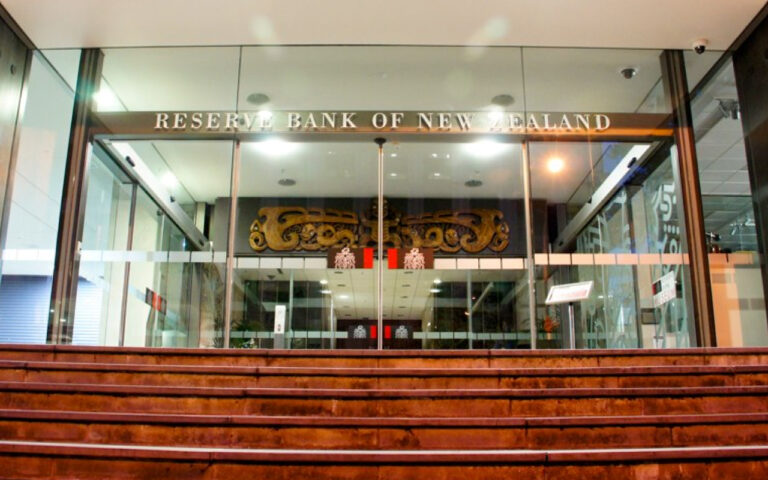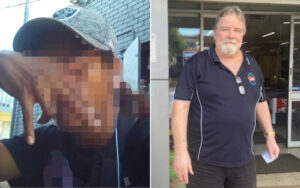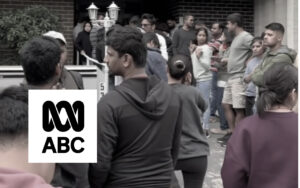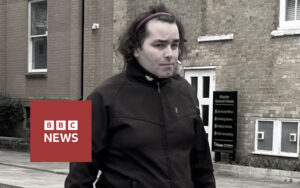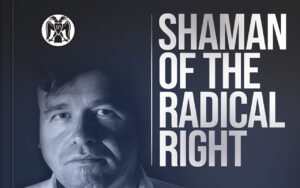Grassroots campaigns against the New Zealand Reserve Bank’s controversial plan to introduce a central bank digital currency (CBDC) have resulted in a record number of submissions opposing the move.
The “digital cash” project, which critics have warned will give the government total control over spending, received more than 500 written submissions and 18,000 online survey responses, almost 90% of which were negative, Newsroom reported.
The bank has said its CBDC would be “private, secure, and trusted”, but opponents fear it will be open to government exploitation and overreach in a country still scarred by Jacinda Ardern’s severe violations of human rights and trampling of personal freedoms during the Covid pandemic.
? RCR: Real Impact, Real Results! ?
When they label it “conspiracy theories,” we call it democracy in action. ? Reality Check Radio was at the forefront of educating and empowering Kiwis to stand up and have their say on the Reserve Bank’s digital cash proposal. ?️
? Even… pic.twitter.com/f8oTYJBvPi
— REALITY CHECK RADIO (@RCR_NZ) December 10, 2024
RBNZ director of money and cash Ian Woolford acknowledged the large volume of submissions from people with a wide spectrum of “strongly held views”, and said the bank was taking all criticism on board.
“We want to know what people are thinking, you look at some of them and you’re saying ‘boy, that’s out there’, but these are perspectives that people have and that’s what we’re working with,” he said.
“You go from the outright Rothschilds control the world, QAnon end of the spectrum, through to people who have just heard a few things, have some questions.
“The approach we’re taking is not to dismiss these views, but to try and be open, try and educate people.”
Dr Sanjana Hattotuwa, former research director at New Zealand’s failed far-left Disinformation Project, admitted campaigns launched by community group Voices for Freedom and free speech online radio station Reality Check Radio (RCR) had been effective and influential.
He said the groups “ran sustained, and significant campaigns” that exposed the central bank’s CBDC plan as a threat to personal and financial freedoms.
The radio station responded to the revelations on social media, saying it was proof RCR “was at the forefront of educating and empowering Kiwis to stand up and have their say on the Reserve Bank’s digital cash proposal”.
In a docuseries released earlier this year featuring banking experts, authors and independent journalists, RCR warned that the RBNZ’s plan would pave the way for “complete financial surveillance”.
“Because it’s programmable by design, the Central Bank will be able to control how much money you can have and what you’re allowed to spend it on. There will be zero financial privacy,” Reality Check Radio said.
“If you say the wrong thing, post an unfavourable comment online, criticise the government out loud, buy something with too many associated carbon credits, or use too much of a resource they deem as ‘scarce’, you could be cut off, punished.
“Your funds and access to basic necessities will be snatched away. Just like we see in China today.”
Former US public official and investment banker Catherine Austin Fitts told the docuseries that central banks now had the capability to “reset” the global economy thanks to digital technology.
“If you go to the root of what [a CBDC] is and what it’s intended to be, it’s intended to be a total control system which I would describe as slavery,” she said.
“[It’s] taxation without representation, now I can just go into your bank account and if I want to raise taxes I just raise it and take it out because I have complete and utter control of your money.”
“This is how we get you to own nothing but be happy,” said entrepreneur and author Aaron Day, referring to an infamous World Economic Forum slogan.
“The way we actually stop it is by exiting the system first before they have everything ready.”
Dr Robert Epstein, Professor and Senior Research Psychologist at the American Institute for Behavioural Research and Technology, said that despite the power CBDCs threatened to give central banks, proponents “don’t think of themselves as tyrants … they think of themselves as saviours”.
Header image: Reserve Bank of New Zealand (itravelNZ® – New Zealand in your pocket™ from Auckland, New Zealand, CC BY 2.0, via Wikimedia Commons)
